Newsflash: England, 1941 – Policeman killed by a rose. What?


This unfortunate man developed an infection from a thorn and died due to lack of sufficient penicillin available at that time.
Antibiotics, as we all know, can save our lives. They fight infection and support our health. Antibiotics attack bad bacteria while protecting us.
So, what’s new? Remember the Human Microbiome Project? Scientists are discovering that some bacteria also keep us alive! They break our food down to digestible bits of nutrients, detoxify poisons, nurture our immune systems, help to create vitamins, serve as a shield on our skin and internal organs to keep bad bacteria and viruses out. There are about 20 million genes we carry in our bodies – and only about 20,000 of these are human genes. The rest are beneficial bacteria, viruses, and fungi. Imagine that: only 10% of the genes are human. This mix is our own microbiome that supports our health and well being.
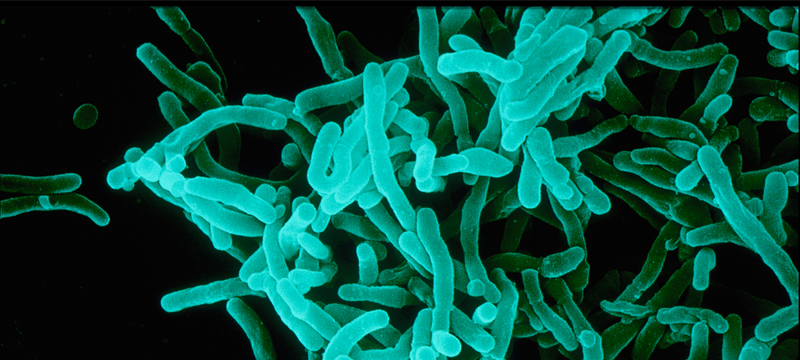
What is the problem then? Antibiotics can discriminate between bacteria and human genes…..but they cannot discriminate between the bad bacteria and the good ones that nurture us. Antibiotics can kill what is infecting you, but also those bacteria that are helping to keep you healthy.
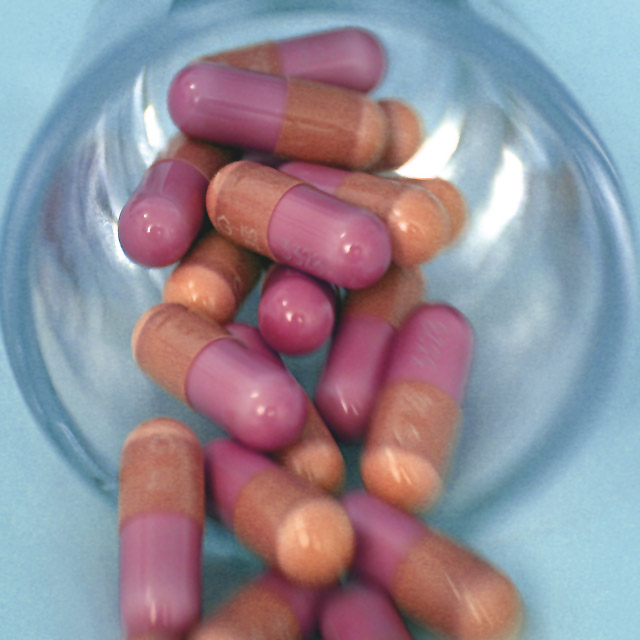
Scientists are studying the effects of antibiotics on the whole human microbiome and are finding some very interesting facts. What happens depends upon what kind of bacteria are infecting you, what kind of antibiotics you are taking, and your general state of health before the antibiotics. An article just published in the journal Gut published results on the effect on the microbiome of a man taking antibiotics for a pacemaker infection. They found that the entire microbiome responded to the antibiotics!
The good bacteria produced defenses against the drug and powered down. Among other metabolic effects, they stopped making vitamins and dimmed their immune systems. Some could survive the chemical onslaught and some could not.
This man had 41 species of bacteria in his gut before the antibiotic. By day 11 that was down to 13. However, 6 weeks later it was up to 38 but many of the bacteria were different kinds. Some major groups were missing. Scientists are finding that this effect can last for months – affecting our immunity, our absorption of nutrients from our food and our ability to make the necessary vitamins to keep us healthy.
Physicians at Seattle Children’s Hospital found that children who took antibiotics were at an increased risk of asthma as well as inflammatory bowel disease (later in life).
Scientist have even found that long term antibiotic use can lead to the development of more fat!
Sometimes it is possible even to fight bacteria with other bacteria!
Take home message: make sure you really need that antibiotic before you take it. If you do need to take antibiotics, take probiotics to help keep the good bacteria alive, though you will need to take those at separate times from the antibiotics. Eat less sugar – it feeds the bad bacteria and can lead to inflammation in our guts – disrupting the normal bacterial balance.
You can learn more by following the links above.
Be healthy – be happy. Eat well……..
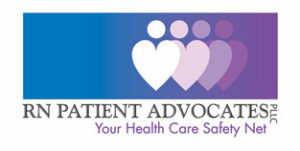
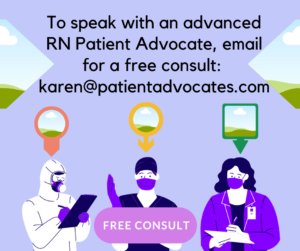
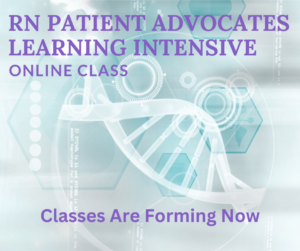

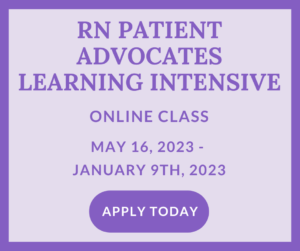
Recent Comments